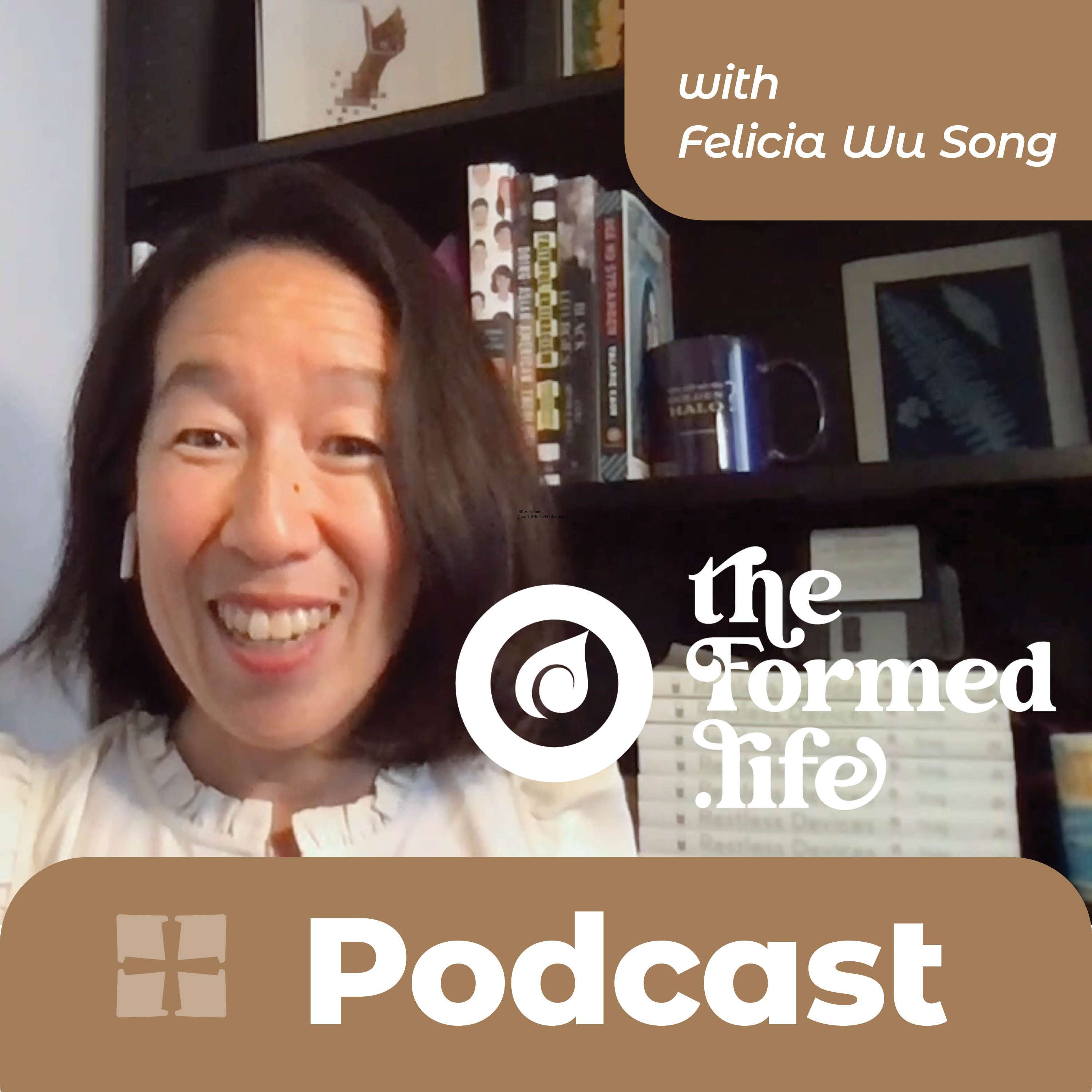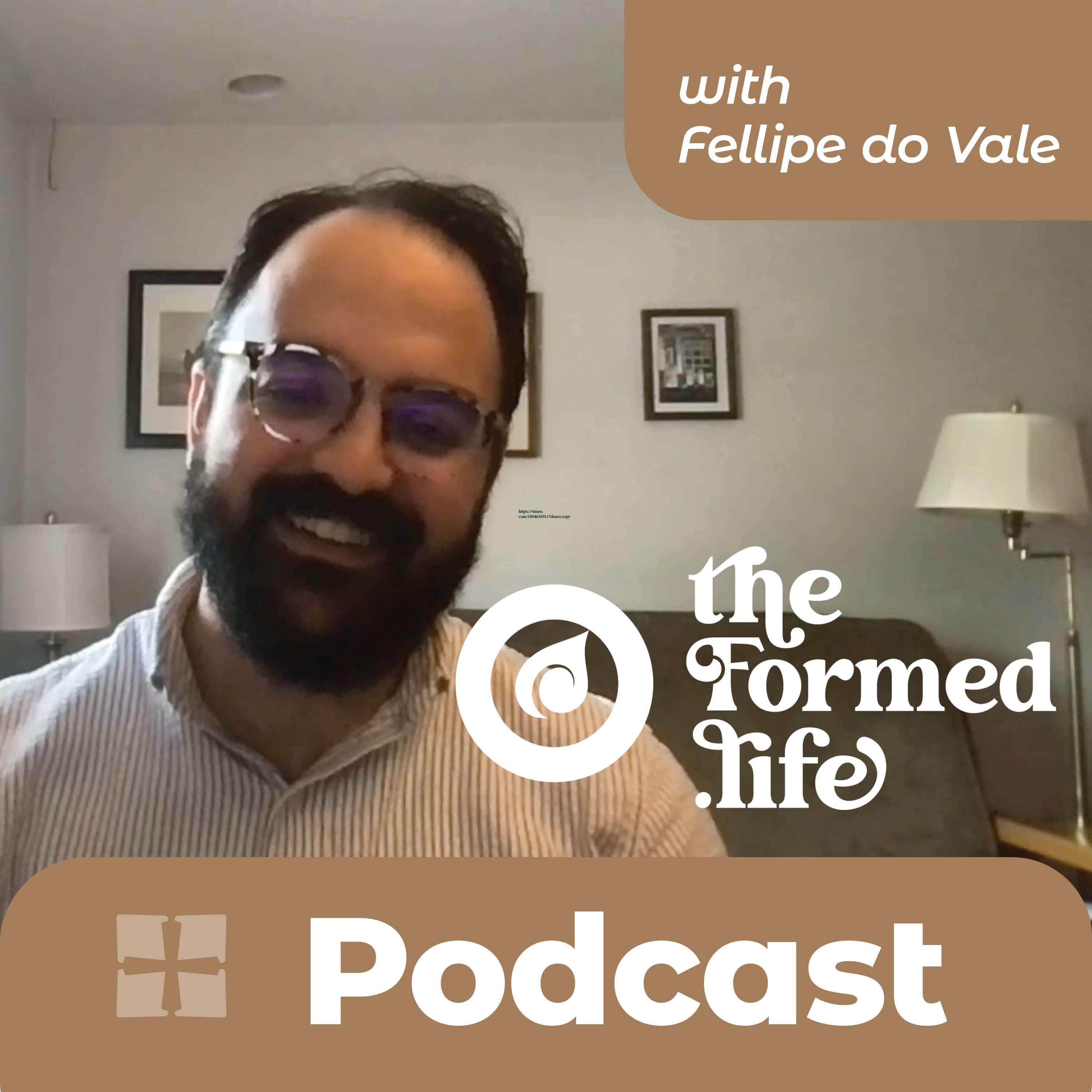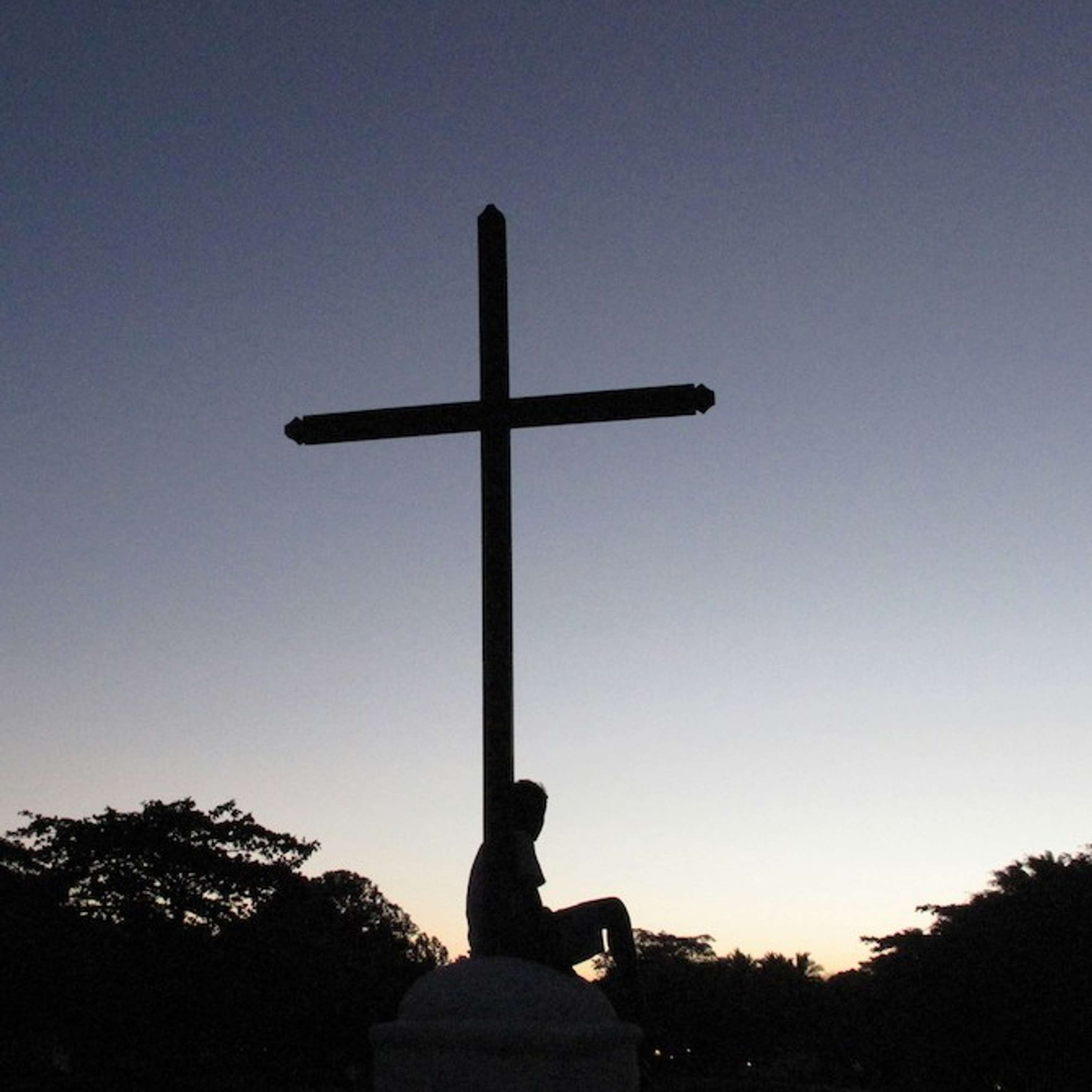POD 037 | Critical Theory and the Bible: Unpacking Modern Life with Dr. Christopher Watkin
Description
Introduction:
Have you ever wondered what a biblical approach to Critical Theory would look like? In this episode of theFormed.life we explore this profound question with Dr. Christopher Watkin, an expert in modern European thought and the Bible. Dr. Watkin discusses how the biblical narrative offers a compelling framework for critically examining modern life, integrating science, arts, and personal experience. Tune in as we discover how these timeless truths can bring intellectual richness and practical wisdom to your everyday life.
Bio
Dr. Watkin is a Senior Lecturer in French Studies at Monash University, Melbourne, Australia. His work increasingly explores the complex relationship between modern and contemporary thought and theology. A Christian since age fifteen, Dr. Watkin is fascinated by the interplay between philosophy, contemporary culture, and Christian theology.
Quotes
"There's a wonderful line in Romeo and Juliet where Juliet says something to the effect of, the more I give to thee, the more I have. It's the idea that self emptying and self fulfillment are not 2 sorts of poles on a, on a dichotomy that as far as you, you, you move away from one, you move towards the other."
- Dr. Christopher Watkin
"It makes sense to do science and it makes sense to do math in a world where there is one God with a stable character and there's a predictability to the universe."
- Dr. Christopher Watkin
"A voice from outside or a vision from outside that gives you an authoritative place to stand to critique the status quo. And, you know, in the Bible, we've got truckloads of that almost on every page. Yes. You know, things as they are are not right. And not just as a council of despair, but God is gonna do something about it and so should you in the present, in the light of his coming again."
- Dr. Christopher Watkin
Three Main Takeaways
- Personal and Absolute Reality:The Trinity presents God as an absolute and personal reality, suggesting that the universe is governed by a knowable deity. This underscores the significant and inherent value of individuals in the universe.
- Biblical Critical Theory:Christopher Watkin introduces "Biblical Critical Theory," which uses the Bible's narrative (creation, fall, redemption, new creation) to make sense of contemporary life. This framework provides stability and meaning, helping to understand the world's complexities without losing hope.
- Separation of Power and Truth: He also emphasizes the biblical distinction between power and truth, where truth serves as an external standard to critique authority. Jesus' model of power, characterized by service and sacrifice, offers a transformative alternative to dominance and suppression seen in other worldviews.
Resources
Biblical Critical Theory - Christopher Watkin
City of God - Augustine
Timestamps:
00:00 Podcast guest: Dr. Watkins, esteemed scholar and lecturer.
04:27 Critical theory's scope narrowed to cultural Marxism.
07:46 Critical theories reveal society's overlooked inequalities.
11:10 Skeptics see God's promises kept throughout the Bible.
15:12 Augustine pioneered systematic critique of Roman society.
20:19 Jesus serves by sacrificing power, not dominating.
23:59 Exploring Christian truth's impact on life.
27:40 God's nature validates sciences and arts equally.
31:36 The Bible encourages deep intellectual examination of life.
32:48 Christian view of sin offers societal insights.
36:00 Adoption of sin critiques the flawed status quo.
41:14 Creation, Fall, Redemption, and Promise in Genesis
43:28 Redemption narrative through biblical story's arc.
47:59 Hopeful plan ensures against life's uncertainties.
50:29 The Bible is an untapped, rich resource.
53:39 Grateful for Chris Watkins' book and effort.
Hashtags
#BiblicalCriticalTheory #PersonalGod #TrinitarianTheology #ImportanceOfPersons #PredictableUniverse #ScienceAndFaith #UnderstandingSin #CreationFallRedemption #ProphetsAndPower #JesusTruePower
Keywords
Personal and Absolute Reality, Trinity, John Frame, Omnipotent God, Predictable Universe, Natural Laws, Science and Arts, Subjective Human Experience, Two Worldviews, Personal Deity, Intellectual Integrity, Understanding Sin, Critical Theory, Biblical Perspective, Modern European Thought, Critical Race Theory, Marxism, Frankfurt School, Cultural Critique, Bible-Narrative Analysis, Augustine’s City of God, Power and Truth, Hebrew Society, Doctrine of Sin, Prophets in the Hebrew Bible, Jesus' Sacrificial Love, Trinitarian Theology, Service and Sacrifice, Societal Norms, Practical Implications of Christianity
























